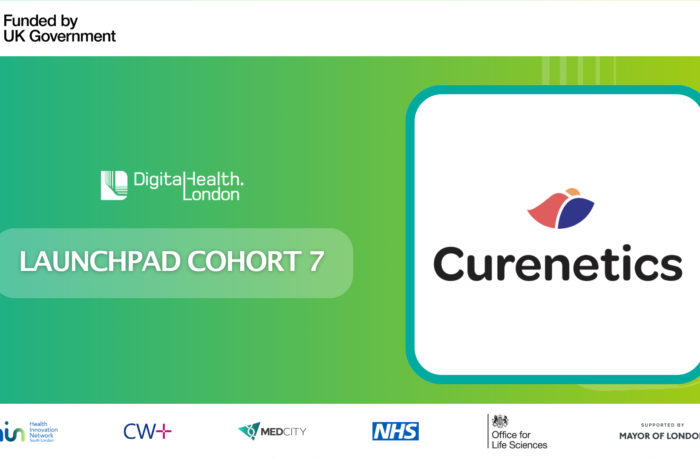Supporting the NHS workforce and digital health innovations – perspective of an NHS Doctor
Posted on
As an NHS Doctor, over the years I have been very fortunate to work with fantastic people who are very passionate about service improvement. I have also experienced the challenges facing our over-stretched health system and the urgent need to mobilize and organise our resources in a more effective way.
Patients and Clinicians are one of the biggest assets to the NHS. Rather than shifting the burden on to individuals, we need to review and change the processes and empower our workforce to be part of the solution and drive change. Clinicians and patients are at the heart of care provision and need to be equipped with right capabilities to drive digital transformation in the NHS.
Supporting the NHS workforce
A few years ago, incited by my educational supervisor, I climbed out of my clinical box and took part in the Darzi fellowship program. This was an excellent opportunity to develop a number of capabilities including system thinking, improvement science and leadership skills.
I was also very fortunate to take part at the Institute for Healthcare Improvement’s (IHI’s) Leadership and Organizing for Change coaching program. This allowed me to practice coaching amongst a diverse cohort of learners from multiple countries and backgrounds, ranging from students to managers and senior executives.
DigitalHealth.London’s Digital Pioneer Fellowship programme offers similar opportunities and guidance, supporting change makers employed by NHS organisations in London and the South East, to design and lead transformation projects underpinned by digital innovation. I’m so excited to see the innovations which this year’s cohort are able to implement and the impact they will have on their organisations.
Supporting digital innovations
A digital revolution has been a big part of remedying the biggest challenges facing health systems across the globe. Digital health has rapidly evolved and COVID-19 definitely sped up the process in the NHS, where we had to quickly adapt to new ways of working in order to save lives and manage everyday practice challenges.
DigitalHealth.London’s Accelerator programme aims to speed up the adoption of technology in London’s NHS by supporting 20 high potential small and medium-sized enterprises (SMEs) each year.
When I was invited to take part in the assessment process for applicants to the Accelerator programme, I was initially concerned about my unconscious bias – with my strong clinical hat on I was worried that I might be more inclined to favour clinician-led initiatives. But the scoring guide provided to me was a very useful standardised tool which meant my assessment was more focused and objective.
The interview panel was made up of a diverse set of experts which helped to provide insightful and productive conversations and ultimately led to a fair assessment of applicants. I welcomed the talk about being aware of unconscious bias which DigitalHealth.London’s Programme Director, Jenny Thomas, provided before we started the interviews and it meant I felt even more comfortable being part of the panel. Although my assessment focused on NHS need, it was very insightful listening to the other panel member’s questions and to critically assess the candidates through multiple lenses. Overall, I felt the process was very clear and friendly for both assessors as well as the candidates.
One thing that has stuck in my mind from the day, is that there are a number of projects/products that have very good potential to improve quality of care, but they lacked strategy from a business perspective. I felt these applicants would benefit from coaching programs to help them develop their product. After following up with the team I learnt about DigitalHealth.London’s Launchpad programme which was developed following exactly the same observation amongst the programme’s management team. The Launchpad programme is a shorter, three-month programme which supports digital health SMEs to develop and launch their products and services to the NHS and social care market. The programme provides the companies with the advice and support they need to refine their products to meet current NHS and social care need.
Whether you’re an innovator looking to bring your new idea to the NHS or a member of NHS staff who wants to bring about change, I would encourage you to seek the support you need from external programmes and networks.


